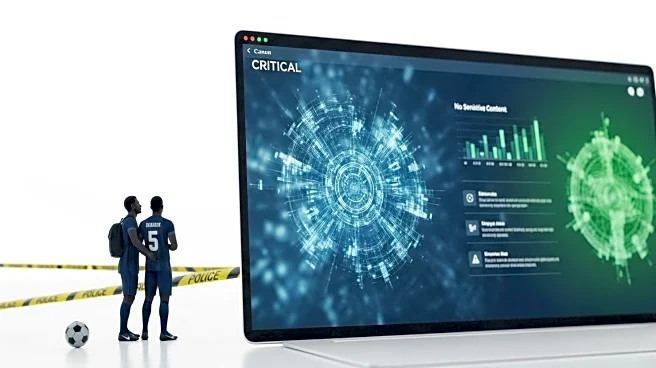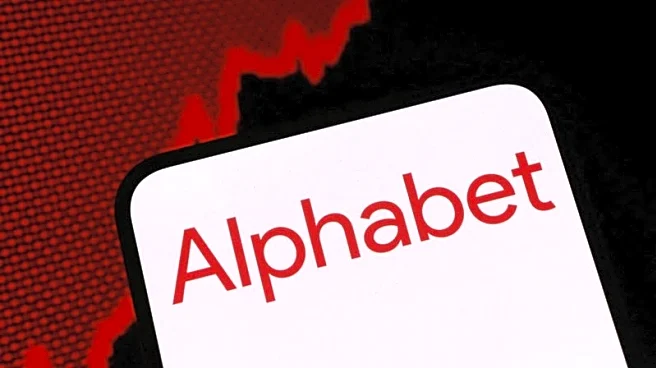What's Happening?
Pie Money Limited, a fintech company based in Dublin, Ireland, has been recognized as the provider of the best self-assessment software in the UK for 2025. The software, Pie.tax, is designed to simplify the tax filing process for freelancers, contractors, and small businesses. It offers features such as HMRC-compliant filing, real-time tax estimates, smart expense tracking, and error reduction technology. These features aim to reduce the time and stress associated with tax returns, helping users avoid penalties and manage their taxes efficiently. The software is also cloud-accessible, allowing users to manage their taxes from any device.
Why It's Important?
The recognition of Pie.tax as the best self-assessment software highlights the growing need for efficient and user-friendly tax solutions among self-employed individuals in the UK. With over 12 million people required to complete self-assessment tax returns annually, traditional methods can be complex and error-prone. Pie.tax addresses these challenges by providing a modern, intuitive platform that reduces errors and saves time. This development is significant as it aligns with the UK's Making Tax Digital initiative, which aims to streamline tax processes by 2026. The software's compliance with HMRC standards ensures that users are prepared for future changes in tax regulations.
What's Next?
As the UK moves towards the Making Tax Digital initiative in 2026, Pie Money Limited is positioned to support self-employed individuals with its MTD-ready platform. The company plans to continue enhancing its software to meet evolving tax requirements and user needs. This may involve further integration of advanced technologies to improve accuracy and user experience. Stakeholders, including freelancers and small business owners, are likely to benefit from these developments as they seek reliable solutions to manage their tax obligations efficiently.
Beyond the Headlines
The success of Pie.tax reflects broader trends in the fintech industry, where user-centric design and automation are becoming key differentiators. The emphasis on reducing errors and providing real-time insights aligns with the increasing demand for transparency and control in financial management. This shift may influence other sectors, encouraging the adoption of similar technologies to enhance user experience and operational efficiency.










